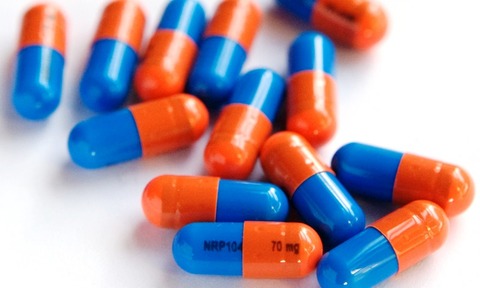Drug test to 'speed up' discovery
6 Oct 2014

University researchers devise novel method to improve the drug discovery process, a new study has found.
A team of researchers from the University of Manchester (UOM) has developed a test which helps determine which drugs are deemed unlikely to work at an early stage. Researchers suggest this will dramatically improve the speed at which safe and effective medicines can be made available.
The main source of prescription medicines comes from ’small molecule’ drugs, such as statins and antibiotics.
However, benefits are often not felt as the majority of small molecule drugs never find their way to market because - despite early promise - they either do not work or because they show toxicity, the researchers said.
Formerly, a test, known as the ’rule of 5’, was developed by Chris Lipinski and colleagues from Pfizer in 1997. The rule sets down four properties that a synthetic molecule should obey if it is to have a chance of becoming a successful drug.
Unfortunately, the rule does not normally work for naturally-occurring products, researchers claim.
In 2013, however, researchers at the UOM helped create a computer model that replicated how the human metabolic network works. The model means that scientists can now know most of the small molecules that are used by our bodies as part of our normal biochemistry.
The research team at Manchester used this knowledge to compare the structures of all these molecules, known as metabolites, with all marketed drugs - including natural products. They also compared drugs and metabolites with synthetic chemicals from a commercial Maybridge chemical library.
Lead researcher Douglas Kell said: “We immediately saw a very strong correlation. More than 90% of marketed drugs - and we tested over 1300 of the FDA’s (Food and Drug Administration) approved drugs - bear a structural similarity of at least 0.5 to at least one metabolite.
“In other words, they look very like them. This new ’rule of 0.5’ does not mean that a molecule obeying it will necessarily become a successful drug, but what it does mean is that we can now say that a molecule that does not obey it, is very unlikely to succeed.”
A full account of the study has been published in the journal Metabolomics.
In its upcoming ’Drug Discovery’ feature, Laboratorytalk will be speaking with Professor Kell, among other experts from across the sector, about the UOM’s latest drug test project, and how modern drug discovery will be shaped by this kind of research.

